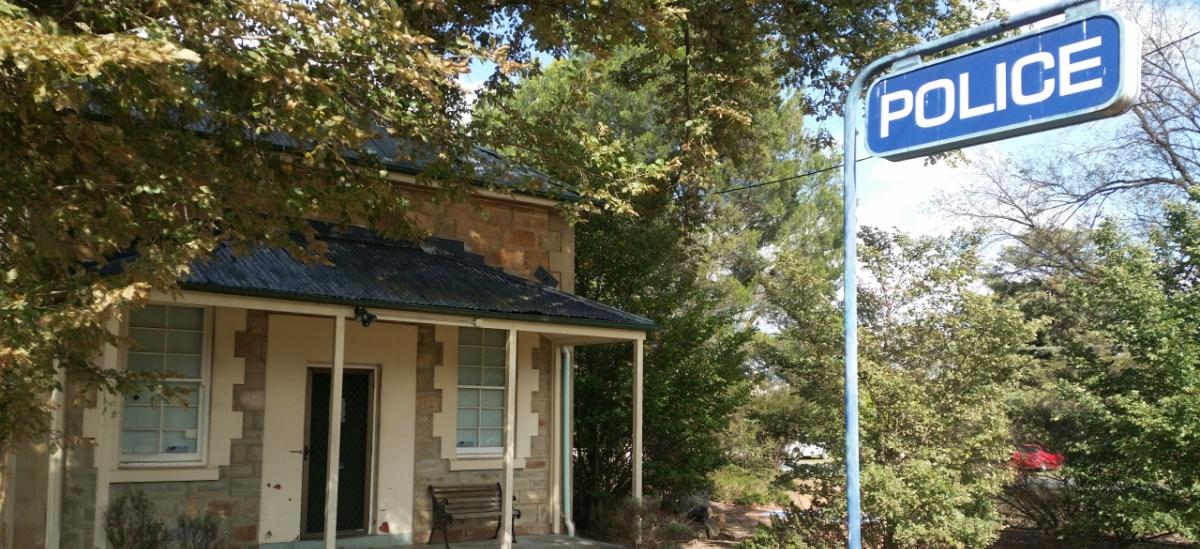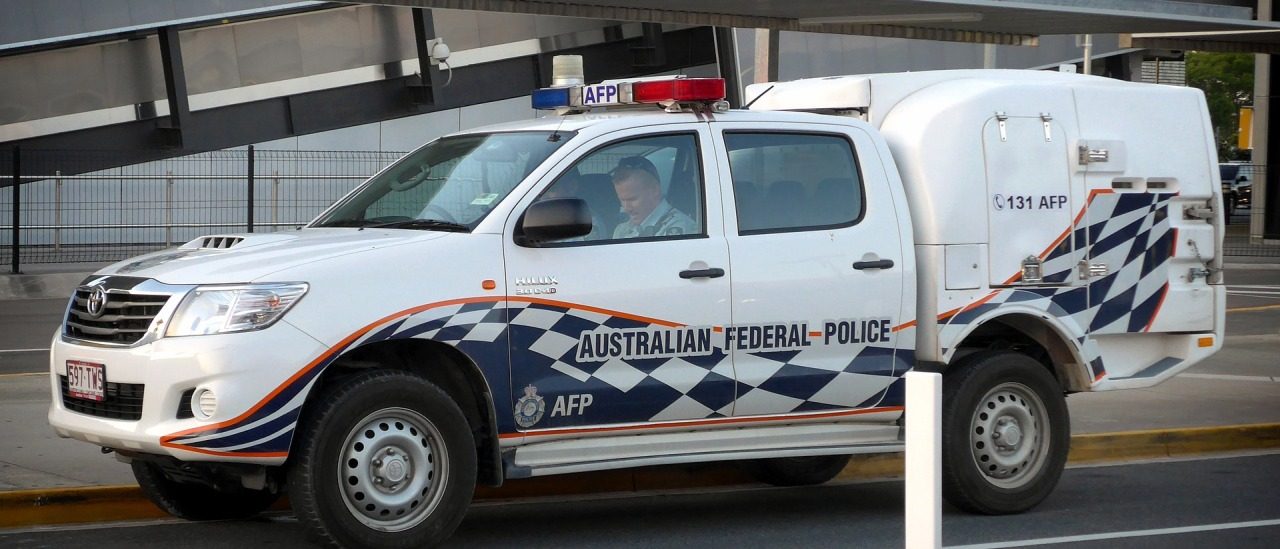The existence of domestic violence in relationships is sadly widely spread in today’s society. The perpetrators and the victims of domestic violence cannot be narrowed to one single social class or to their level of education or their wealth, it can affect people of all ages, gender, cultures and ethnicity.
Each State and Territory in Australia has legislation addressing domestic violence designed to provide a fast and efficient method to obtain immediate and urgent protection from the violent party. In the Australian Capital Territory (ACT), individuals who experience threats, abuse, or harassment can seek legal protection through Family Violence Orders (FVOs) which are designed to safeguard people from harm and uphold their right to live free from fear and intimidation.
What Is Domestic Violence?
AIHW Report: Family, domestic and sexual violence in Australia, 2018
The terms “family violence” and “domestic violence” are defined differently in the ACT and NSW. Normally, the term is defined broadly, beyond simply physical violence on a person. In the ACT, the relevant legislation is named the Family Violence Act 2016 (ACT)(the Act) which defines “family violence” as the following behaviour by a person in relation to a family member:
- physical violence or abuse;
- sexual violence or abuse;
- emotional or psychological abuse;
- economic abuse;
- threatening behaviour;
- coercion or any other behaviour that—
- controls or dominates the family member; and
- causes the family member to feel fear for the safety or wellbeing of the family member or another person; or
- behaviour that causes a child to hear, witness or otherwise be exposed to behaviour mentioned above, or the effects of the behaviour;
- sexually coercive behaviour;
- damaging property;
- harming an animal;
- stalking;
- deprivation of liberty.
What is a Family Violence Order?
An FVO is a civil court order issued under the above Act. It protects individuals from violence, abuse, or threats from someone with whom they have a family relationship, such as a partner, ex-partner, relative, or parent.
Key features of FVOs include:
- Stopping someone from contacting or approaching you.
- Excluding them from your home, workplace, or school.
- Putting other conditions in place to ensure your safety.
The system is designed to be simple, quick and inexpensive. This applies in the ACT Courts and the NSW Courts.
How to Apply for an FVO
The system is designed to be simple, quick and inexpensive. You can apply for an FVO through the ACT Magistrates Court. In urgent cases, the court can issue a temporary (interim) order straight away. An application once lodged will be dealt with by the Court within a short timeframe, often the same day, in the absence of the alleged perpetrator of violence. If the Court considers that it is appropriate, interim Family Violence orders will be made and subsequently served on the perpetrator. The matter is normally listed for further mention afterwards to afford the other party the opportunity to put his/her side of the story and, to defend the matter in a final hearing.
The basic steps are:
1. Complete an application
The first step is for the affected person to make an application for an FVO. After the affected person makes this application, they become known as ‘the applicant’. However, the affected person is not the only person who can make an application for an FVO. A police officer or the parent/ guardian of a child can also apply on behalf of the affected person. There are other circumstances when another person can apply for an FVO on behalf of someone else. For example, on behalf of someone with a legal disability. This can be very complicated.
2. Attend a court hearing
If the applicant needs emergency protection, an interim hearing will be held at the Magistrates Court, typically on the same day that the application is lodged. The Registrar or Magistrate will determine if an interim order is needed to make sure the applicant is safe or prevent substantial damage to property. An interim order is a temporary order and will usually only be made in urgent cases. Even where interim orders are not made, the application for a final order will still proceed. An applicant can also apply for a final order without an interim order if they do not need immediate protection.
3. Attend a preliminary conference
A preliminary conference will take place after the application has been filed, or after the interim hearing. The preliminary conference is sometimes called a return conference. The purpose of a preliminary conference is to see if the applicant and the respondent can come to an agreement and resolve the matter.
At the preliminary conference the applicant and the respondent are not in the same room. Instead, the applicant and the respondent communicate through a Deputy Registrar of the Court who acts as a go between for the parties.
4. Pre-Hearing Mention
The Pre-Hearing Mention happens in the Registrar’s Protection Order List. The purpose of this court date is to see if the case can be settled without going to a hearing. If there is no agreement, then the court will manage the case such as setting filing directions to make sure everyone is ready for a final hearing.
5. Final Hearing
At the final hearing, a final FVO will only be made if the Magistrate is satisfied that on the ‘balance of probabilities’ the applicant has reasonable grounds to fear family violence by the respondent in the future or that the respondent has used family violence against the applicant in the past. This means that the applicant needs to prove that it is more likely than not that there is a threat of family violence, or that family violence has happened
Need Help?
If you are in immediate danger, please call 000.
There are numerous other services available for victims of domestic violence such as:
ACT Domestic Violence Crisis Service Ph: (02) 6280 0900 (24 hours)
NSW Domestic Violence Line 1800 656 463
Canberra Rape Crisis Centre Ph: (02) 6247 2525
Victim Support ACT Ph: 1800 822 272 (24 hours)
Victims of Crime Assistance League (VOCAL) Ph: (02) 6295 9600
Lifeline Ph: 131 114 (24 hrs)
White Ribbon Australia
Kids Helpline Ph: 1800 551 800 (24 hrs)
If you have a family or domestic violence matter or just have some general enquires, we can be contacted on 02 6206 1300. We are always ready to discuss this important but serious subject matter with you.
Further reading

elringtons lawyers regularly provide legal advice in relation to a range of family law matters. Please contact our Family Law Team for more information or to make an appointment call (02) 6206 1300










